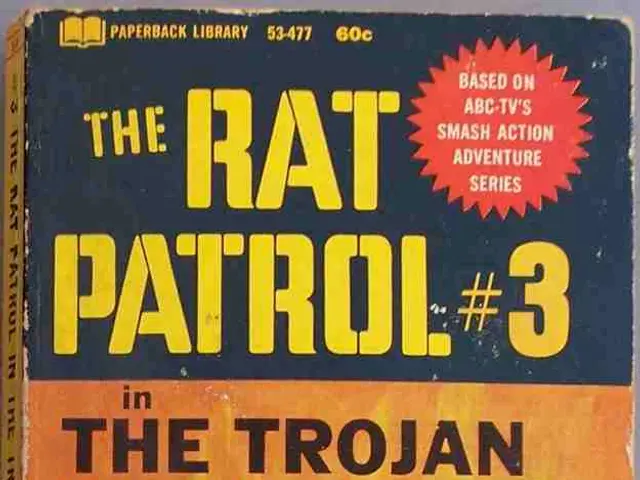Supreme Court Battle Over Retrospective GST Taxation: India's Real-Money Gaming Sector Faces Crucial Legal Contestation
The future of India's digital gaming industry hangs in the balance, as the Supreme Court mulls over a crucial decision that could decide the fate of over 70 gaming companies, including big names like Games24x7, Dream11, and Gameskraft. At stake is a massive retrospective GST demand of ₹1.12 lakh crore levied by the Directorate General of GST Intelligence (DGGI). Failure to pay could mean financial ruin for these companies.
Government's Argument: All Betting Games Equal Gambling
The government's argument is simple: online games involving stakes are gambling, no matter how much skill is involved. This classification includes games such as poker, rummy, and fantasy sports - a claim vehemently contested by the gaming industry. Abhishek Manu Singhvi, a legal expert, argued that if the government's stance prevails, games like chess played for money would also be classified as gambling. In 2023, the GST Council amended tax rules, applying a 28% GST rate to online gaming platforms, casinos, and horse racing. Previously, a tax rate of 18% applied only to the platform fees, or "rake." The new tax, however, applies to the entire value of player deposits, significantly increasing tax liabilities for gaming companies.
Industry's Answer: Skill Games Aren't Gambling
The gaming industry is fighting back hard. Legal experts insist that games like poker and fantasy sports are based on skills, not luck, and should therefore not be considered gambling. Furthermore, they argue that the retrospective application of the new tax rules violates constitutional rights, specifically Article 14 (equality before law) and Article 19(1)(g) (freedom to carry on business).
Financial Strain and Layoffs: Industry's Reality Check
The uncertainty surrounding this legal battle has already taken its toll on the industry. Games24x7, operator of platforms like RummyCircle and My11Circle, recently let go around 180 employees in response to financial strain. Despite generating ₹1,988 crore in revenue for FY23, the company is reportedly facing backdated GST demands of over ₹20,000 crore and faces the possibility of bankruptcy. Financial pressure is forcing companies to reconsider their growth strategies and possibly scale back their operations.
Stakes for Companies: Financial Crisis vs. Smarter Regulation
The outcome of this court case will profoundly impact the future of India's digital gaming industry. A ruling in favor of the government could lead to widespread bankruptcies, stricter regulations, and possibly criminal charges against executives. On the other hand, a ruling in favor of the gaming industry could quash the backdated tax demands, providing much-needed relief for the sector's recovery.
Consequences Beyond Gaming: Regulation of India's Digital Economy
This legal battle is about more than just taxes. It is a critical test of India's ability to manage emerging digital sectors. The decision the Supreme Court makes will not only impact the gaming industry but could also set the tone for the regulation of other areas across India's digital economy.
Stay updated on the latest developments shaping India's gaming industry by following our website for the most recent news and insights.
Related Read Madras High Court Schedules Final Hearing for RMG Regulations Case
Tamil Nadu Government's Ban on Online Games Can Be Challenged in Court by A23, Games24x7, and Junglee Games
Gaming Stocks Jump as Supreme Court Temporarily Halts GST Show-Cause Notices
FAQs
1. What's the retrospective GST issue in online gaming?The government is demanding a 28% GST on player deposits, with the tax liability retroactively dated to July 2017.
2. Who are the most affected companies?major companies like Games24x7, Dream11, and Gameskraft face significant financial consequences due to the new tax regime.
3. Why are skill-based games being taxed like gambling?The government claims that any game played for stakes is gambling, regardless of whether it involves skill or chance.
4. What happens if the Supreme Court rules in favor of the government?A ruling in favor of the government could lead to bankruptcies, stricter regulations, and potential criminal charges against executives.
5. How are gaming companies responding to this issue?Companies are challenging the retrospective tax in court, pleading for fair regulations and a tax system that distinguishes skill-based games from gambling.
With the government viewing all stakes-based games as gambling, whether skill-based or not, the tech-driven sports industry faces a potential financial crisis by being taxed like casual gambling. The uncertainty in Tax laws has necessitated tough decisions like layoffs for gaming companies like Games24x7, impacting their growth and employment in the business and technology sector.








